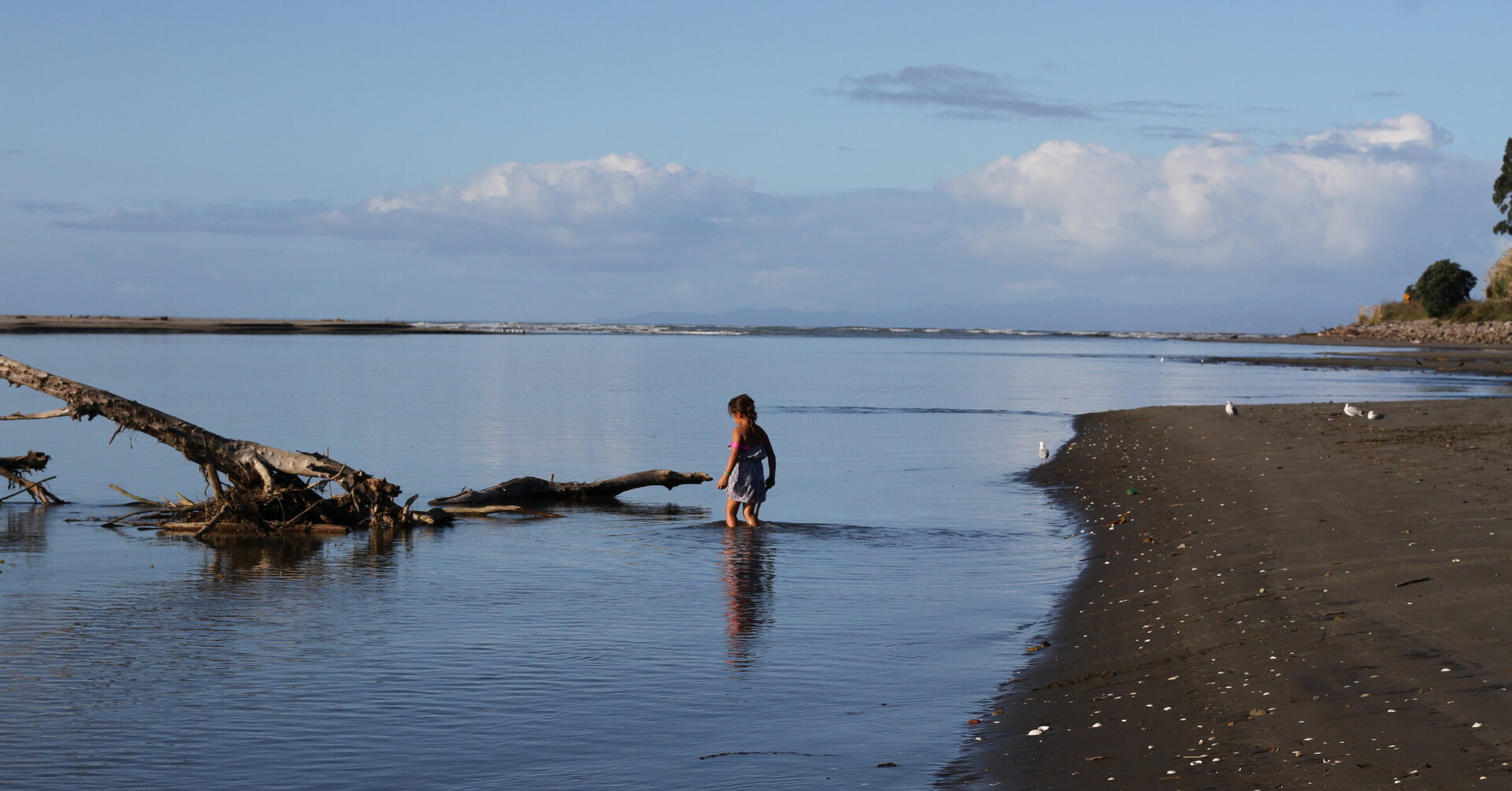Alison Dewes - Project Manager
Most farmers I have been lucky enough to deal with, want to do the right thing and be good stewards.
The Tomorrow’s Farms Today group I studied for my MSC, in the Upper Waikato between 2010 and 2014, tried to do the right thing by seeking to understand what farming systems had a lighter footprint – on water, climate, people and animals.
25 farmers exposed all their financial and environmental data annually, in a four-year project. They were given a hard time by their industry peers for doing so.
At the end of the project, they were clear about what the most profitable, lowest footprint systems was.
Many in this group, destocked by 15-30% in some cases, prior to the milk price drop in 2014, fared reasonably well during that difficult period as they had fewer, more efficient cows, with similar profitability.
Other farmers we worked with also wanted to do the right thing. They put in sheltered standoff areas, reduced cow numbers, adjusted their systems, and also upgraded their effluent systems, in some cases to the tune of $300-400K per farm.
Again, they did this because they wanted to do the right thing and look after their social license to operate.
At the same time, the Waikato Plan Change was released and is now being adjusted for the National Policy Statement for Freshwater Requirements as well. The hard work done by these farmers earlier has meant there is not much disruption to their system as they were working hard to be ahead of the game, early in 2014-2015.
Innovative farmers like this group of 25, in Waikato tried to lead by doing the right thing, and monitored, measured and consciously lowered their Nitrogen Leaching, GHG and environmental footprint. It is excellent that since the Waikato Plan Change went through the hearings process in 2018-2020, these innovative farmers have not been penalised with a grand-parenting allocation system.
In August 2017, in a press article, it was revealed that only 2% of all monitored farms by Waikato Regional Council were deemed as fully compliant to a high level for effluent. While Waikato Regional Plan has not upgraded this rule in their plan, it is likely with the freshwater regulations now and the need for best practice to be demonstrated in farm plans that this will have to change.
As for the Bay of Plenty, there are still around 50-60% of ponds that are undergoing constant conditions change, and many are still unlined, and are a critical source area for the loss of pathogens to ground, and surface water.
Again, the leading farmers who have upgraded their systems in the Bay of Plenty, are ahead of the game and will not be disrupted by sudden changes to rules that will have to be enforced in a more transparent manner as we try to clean up waterways and this estuary.
The message of rewarding poor compliance on some farms, and by the failure to monitor the true effects of some activities by regional authorities – is the wrong message for our agricultural industry right now.
Change is here, we have increased public scrutiny and pending pressures from climate change, nutrient restrictions, consumer perceptions and an increasing demand for transparent and ethical behaviours. We have had a few decades now, where the leaders in agriculture have been penalised via unfair allocation systems and rewarding pollution, and tardy behaviours endorsed. NZ has a problem. The best performers should be rewarded.
Industry leadership is also increasingly under the spotlight, being asked for ethical, transparent behaviours. What does swimmable rivers really mean? Is it the threshold that is double the level of E. coli we had in 2003? Does it mean only the big rivers will be swimmable by 2040, as per the NPS FW?
No company can honestly claim that they are sustainable until they demonstrate “responsible procurement” practices with their supplier farmers. Those farmers who have done the right thing should be recognised and gain a premium if the companies they supply are serious about encouraging and driving more responsible and sustainable procurement.
Agricultural Leadership in NZ will need to come from within the industry and from the ground up. There are lots of questions being asked about leadership right now.
The real agricultural leaders for the 21st century in agriculture will be the ones that have done the right thing – just because it was the right thing to do.
Check out the video of Euan and Sarah McKnight's journey, by scrolling down this page



